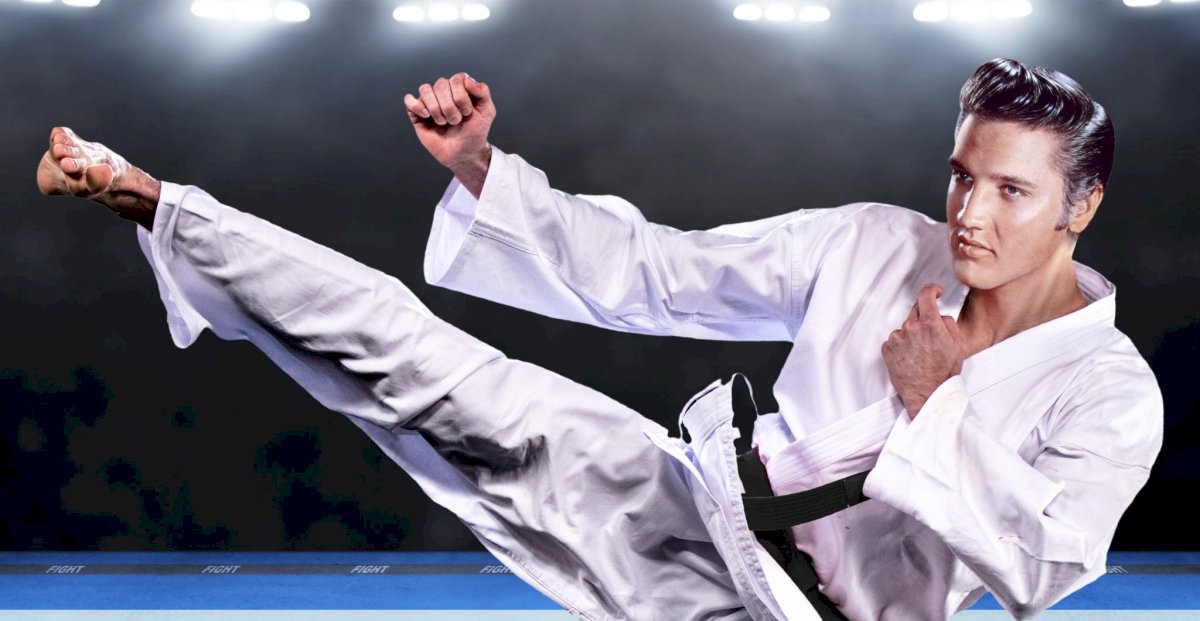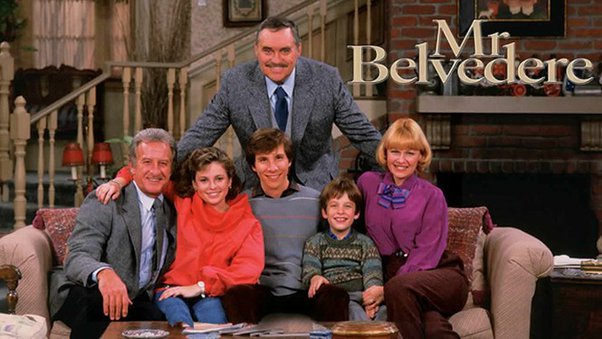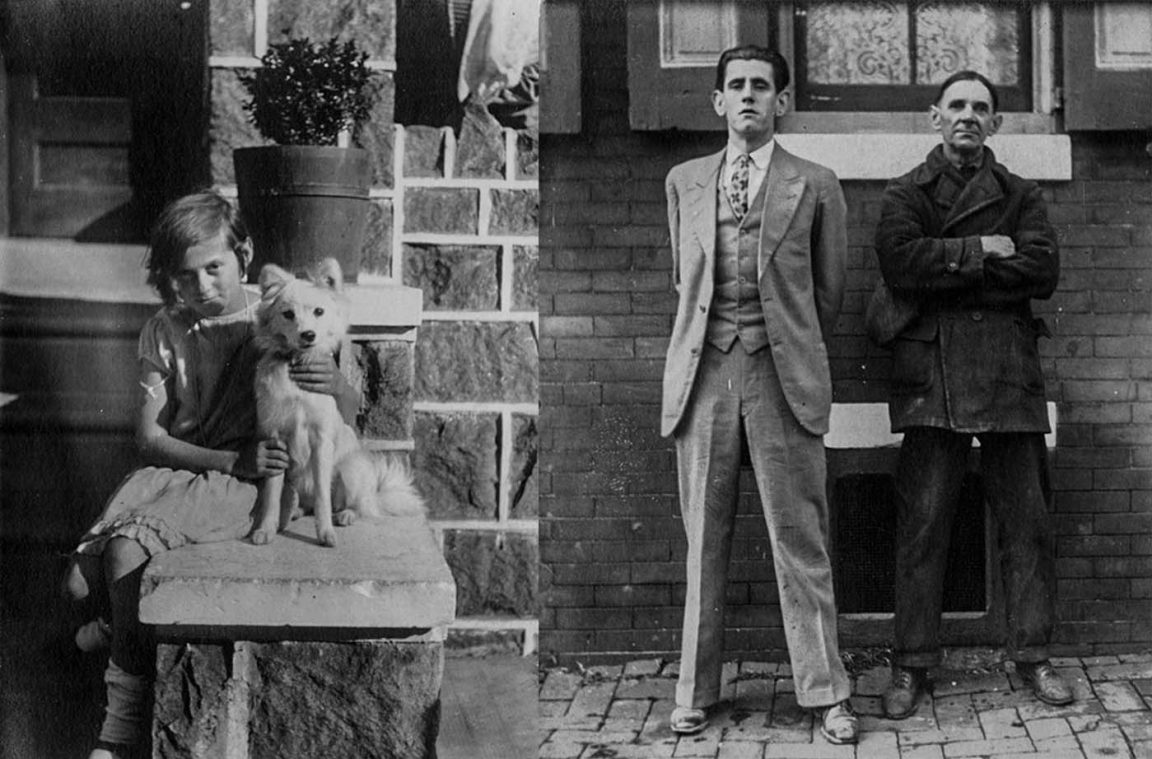In the world of science fiction, there exists a genre that has often taken itself too seriously, with epic space battles, complex alien species, and profound philosophical questions. But in 1987, director Mel Brooks decided to flip the script, quite literally, with his uproarious parody film, "Spaceballs." This sci-fi comedy gem offers a delightful escape from the weighty narratives of the genre, replacing them with slapstick humor, puns, and a never-ending stream of hilarious references. Join us as we journey through the zany universe of "Spaceballs" and explore why it remains an enduring classic in the world of comedy and science fiction.
(Watch the video below)

The Birth of "Spaceballs"

Mel Brooks, the comedic genius behind classics like "Blazing Saddles" and "Young Frankenstein," conceived "Spaceballs" as a playful homage to the science fiction phenomenon that was "Star Wars." Released in 1977, "Star Wars" had transformed the landscape of cinema, redefining the blockbuster and introducing audiences to a galaxy far, far away. Brooks, always one to seize on cultural trends, saw an opportunity to capitalize on the fervor surrounding this space opera.
In collaboration with Thomas Meehan and Ronny Graham, Brooks crafted a script that lovingly lampooned the beloved elements of "Star Wars" while infusing it with his signature brand of humor. The result was a riotous and irreverent space adventure that retained the spirit of the genre it parodied.
The Story and Characters

"Spaceballs" is set in the distant future, where the evil Spaceball Empire, led by the nefarious President Skroob (played by Brooks himself), is on a quest to steal the air from the peaceful planet of Druidia. To do so, they plan to kidnap Princess Vespa (Daphne Zuniga) and force her to reveal the combination to the planet's protective air shield.
Enter Lone Starr (Bill Pullman) and his trusty sidekick Barf (John Candy), who find themselves reluctantly embroiled in the conflict when they agree to rescue the princess. Along the way, they encounter a series of quirky characters, including Yogurt (also played by Brooks), a Yoda-like figure who dispenses wise (and not-so-wise) advice, and Dark Helmet (Rick Moranis), an inept but menacing villain. The film also features notable cameos from the likes of John Hurt, who reprises his iconic chest-bursting scene from "Alien."
Parody Perfection

What makes "Spaceballs" a comedic triumph is its keen understanding of the source material it parodies. Brooks and his team meticulously recreate iconic moments from "Star Wars" and other sci-fi classics, then inject them with humor that ranges from clever wordplay to absurd sight gags.
For example, the infamous "lightsaber duel" between Lone Starr and Dark Helmet is reimagined as an epic showdown using "Schwartz" – a mystical force not unlike the Force from "Star Wars." The absurdity of the scene, including the exaggerated size of Dark Helmet's helmet, is a testament to the film's ability to extract humor from the familiar.
The "Spaceballs" brand of humor extends to the names of characters and places. "Dark Helmet" and "President Skroob" are just the tip of the pun-laden iceberg. The titular "Spaceballs" themselves are a playful riff on "Stormtroopers," and the spaceship, the "Eagle 5," is a nod to the "Millennium Falcon."
Breaking the Fourth Wall
"Spaceballs" isn't content with simply lampooning "Star Wars" and other sci-fi classics; it gleefully breaks the fourth wall to comment on the absurdity of filmmaking itself. In one memorable scene, characters watch a VHS copy of "Spaceballs" to figure out their next move, an audacious moment that winks at the audience and acknowledges the film's fictional nature.
This meta-humor also extends to characters who are aware they're in a movie. Dark Helmet, at one point, pulls out a "Spaceballs: The Flamethrower" action figure as part of his evil plan. Such moments not only generate laughs but also highlight the film's self-awareness and its willingness to poke fun at Hollywood conventions.
Cultural Impact and Enduring Legacy
Upon its release, "Spaceballs" was met with mixed reviews from critics but found immediate resonance with audiences. Its quotable lines, memorable characters, and slapstick humor endeared it to fans, and it has since become a cult classic. "May the Schwartz be with you" is a phrase that immediately conjures nostalgia for those who grew up with the film.
"Spaceballs" also left its mark on popular culture. The film's success led to a slew of merchandise, including t-shirts, action figures, and even a video game. Brooks' affectionate ribbing of the "Star Wars" franchise influenced later parodies and pop culture references in films like "Family Guy" and "The Simpsons."
The Schwartz Awakens: Legacy in the Modern Era
In recent years, the legacy of "Spaceballs" has experienced a resurgence. The sale of Lucasfilm to Disney in 2012 and the subsequent release of new "Star Wars" films sparked a renewed interest in all things "Star Wars," including its parodies. This interest extended to "Spaceballs," with fans speculating about the possibility of a sequel.
In 2015, Mel Brooks himself confirmed that a "Spaceballs" sequel was in the early stages of development, tentatively titled "Spaceballs: The Search for More Money." While the project has faced numerous delays and challenges, it showcases the enduring appeal of the original film and the enthusiasm of its fanbase.
Conclusion

"Spaceballs" stands as a testament to the enduring power of parody when executed with love, wit, and an acute understanding of the source material. Mel Brooks, a maestro of comedy, crafted a film that simultaneously celebrated and skewered the "Star Wars" phenomenon, leaving audiences with a treasure trove of unforgettable moments and quotable lines.
As "Spaceballs" continues to find new generations of fans and with the promise of a sequel on the horizon, it's evident that the Schwartz is still very much with us. This irreverent comedy masterpiece reminds us that even the grandest of space operas can be a source of boundless humor and entertainment. So, in the immortal words of Yogurt, "May the Schwartz be with you!"



